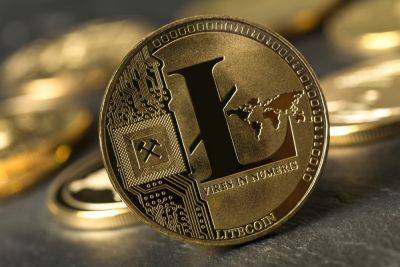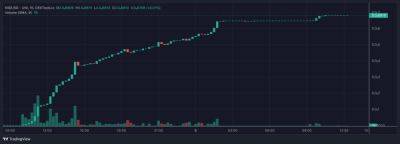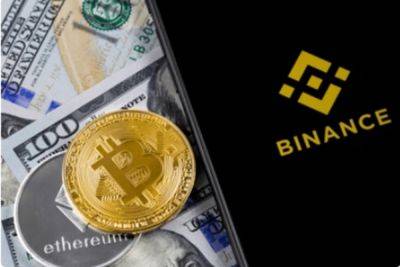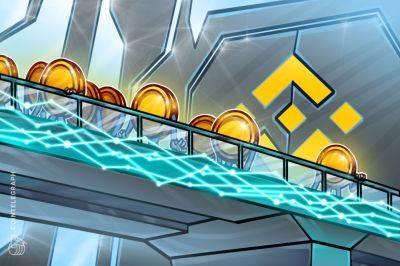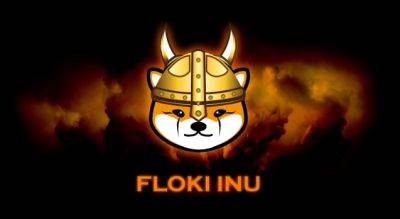100 tokenized Teslas ‘democratize’ and ‘decentralize’ Web3 ride sharing
A Vienna-based car-sharing service company has outfitted nearly half of its 200+ fleet of cars with blockchain-based self-sovereign IDs for tokenization purposes.
On June 27, the car-sharing service Eloop and the Peaq Network — a Web3 ecosystem for the economy of things — announced that 100 Teslas had been tokenized via Peaq. The blockchain integration allows users to own a fraction of the fleet and share the revenue the cars generate from daily rideshare operations.
Cointelegraph spoke with Nico Prugger, the co-founder of Eloop and Leonard Dorloechter, the co-founder of Peaq, in Vienna, about decentralized car sharing, mass adoption of Web3 and the future of blockchain-based high-value assets.
Prugger explained to Cointelegraph that once a user owns a token, they hold a fraction of the entire carsharing fleet, depending on how much they’ve invested into the token.
The tokenization then creates direct revenue when the cars are rented, which is immediately distributed back to the token-holding community.
“We wanted to get as close as possible to real ownership, but make it as easy as possible for everyone to invest in the car without any responsibility,” Prugger said. “We do all the legal work regarding the cars.”
In 2019, Germany-based industrial manufacturing company Siemens also mentioned the use case of blockchain for carsharing purposes via one of its subsidiaries Siemens Mobility.
Dorloechter highlighted the need for blockchain integration in real-world assets to help with mainstream adoption and understanding of the technology.
The transaction and data storage layer for the decentralized physical infrastructure network (DePIN) of the tokenized Teslas is hosted by the Peaq blockchain network, built on Polkadot.
Rela
Read more on cointelegraph.com







